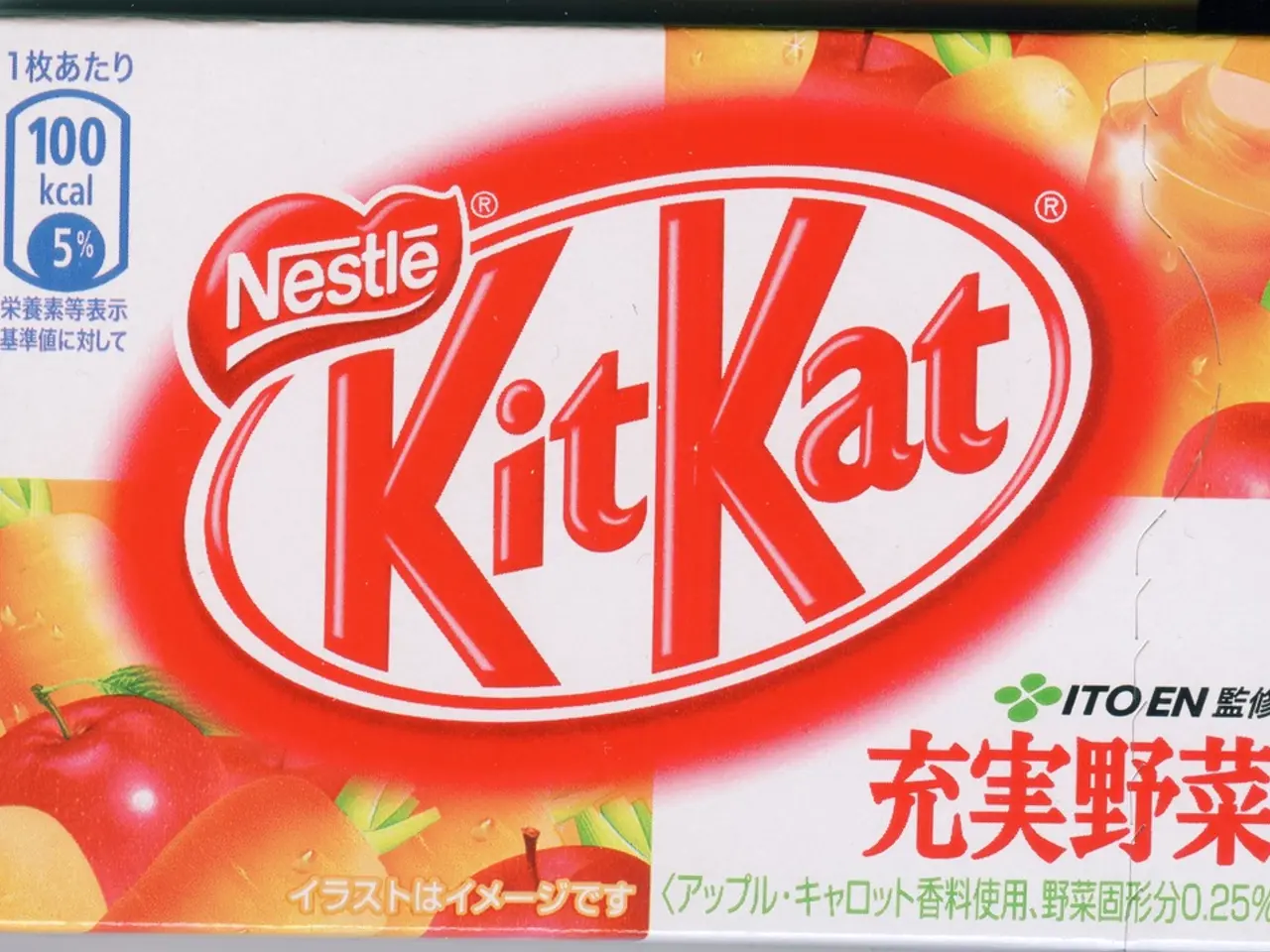Amateur athletics: Proper nutrition for optimal performance
In the realm of sports and athletics, nutrition plays a pivotal role in optimising performance and supporting health. A balanced diet is essential for athletes to meet energy demands, aid recovery, and fuel training sessions effectively.
A well-rounded diet should consist of a balance of macronutrients – carbohydrates, proteins, and fats. Carbohydrates provide the primary energy source for training and recovery, while proteins support muscle repair and immune function. Fats offer a sustained energy source and contribute to overall health.
Adequate caloric intake is crucial for athletes, as they require more energy than non-athletes, particularly during intense training periods. Consuming nutrient-dense, high-calorie foods helps meet energy demands and maintain performance.
Meal frequency and timing are also important considerations. A fueling plan that includes at least three meals and three snacks daily helps sustain energy levels. Protein intake around 20-30 grams within 20-30 minutes post-workout aids glycogen replenishment and recovery.
For endurance athletes, 1.4–1.6 grams of protein per kilogram of body weight daily supports muscle repair and adaptation. High-quality carbohydrates, such as whole grains, fruits, and vegetables, should form the basis of an athlete's diet to optimise energy availability and nutrient intake.
Nutrition education and professional guidance are invaluable for athletes looking to optimise their diet and performance. Working with a sports dietitian can lead to better athletic performance, muscle development, recovery, and even mental focus.
Some athletes may also benefit from targeted supplementation, such as nitrate-rich foods like beetroot and leafy greens, which have shown potential performance improvements. However, supplementation should be trialed in training first to avoid side effects.
Diets should be adjusted based on the training phase. For example, a high-carbohydrate, moderate-protein diet in pre-season supports energy and muscle growth, while a moderate-carb, higher-protein diet in-season aids muscle maintenance and repair.
Before exercising, it's best to stop eating about two hours before, consuming easily digestible, low-fat foods if necessary. After exercise, consuming protein and a small amount of carbohydrates can help replenish energy stores and support muscle growth and weight loss.
Allowing occasional treats can motivate and make it easier to maintain a healthier diet. However, sweets, unhealthy fats, and short-chain carbohydrates should be reduced to a minimum. A general guideline for fat intake is one gram of fat per kilogram of body weight daily.
The body needs essential nutrients like minerals, proteins, and vitamins during physical activity. A healthy adult should drink about 1.5 to 2.5 liters of water daily, with mineral water rich in sodium or fruit juices mixed with water being suitable for replenishing sweat lost through physical activity.
In summary, a balanced, energy-appropriate diet rich in quality carbohydrates, sufficient protein for recovery, healthy fats, and plenty of fruits and vegetables, combined with professional nutrition guidance, can optimise athletic performance and health.
- To fuel sports performance and support health, athletes should focus on nutrition that includes science-backed macro and micronutrients like carbohydrates, proteins, fats, minerals, and vitamins.
- Healthy diets in the context of fitness and exercise need to provide a balance of essential nutrients, such as consuming high-quality carbs, adequate proteins, and appropriate fats, to meet energy demands, aid recovery, and fuel physical activity effectively.
- Weight management is a factor in sports and health-and-wellness, requiring athletes to consume nutrient-dense, calorie-rich foods in appropriate quantities and maintain a regular meal frequency and timing, particularly incorporating protein post-workout.
- For optimized sports performance, athletes can benefit from integrating nutrition education, professional guidance, and targeted supplementation such as nitrate-rich foods, into their dietary strategies, while adjusting their diets based on training phases and ensuring sufficient hydration through water consumption.




